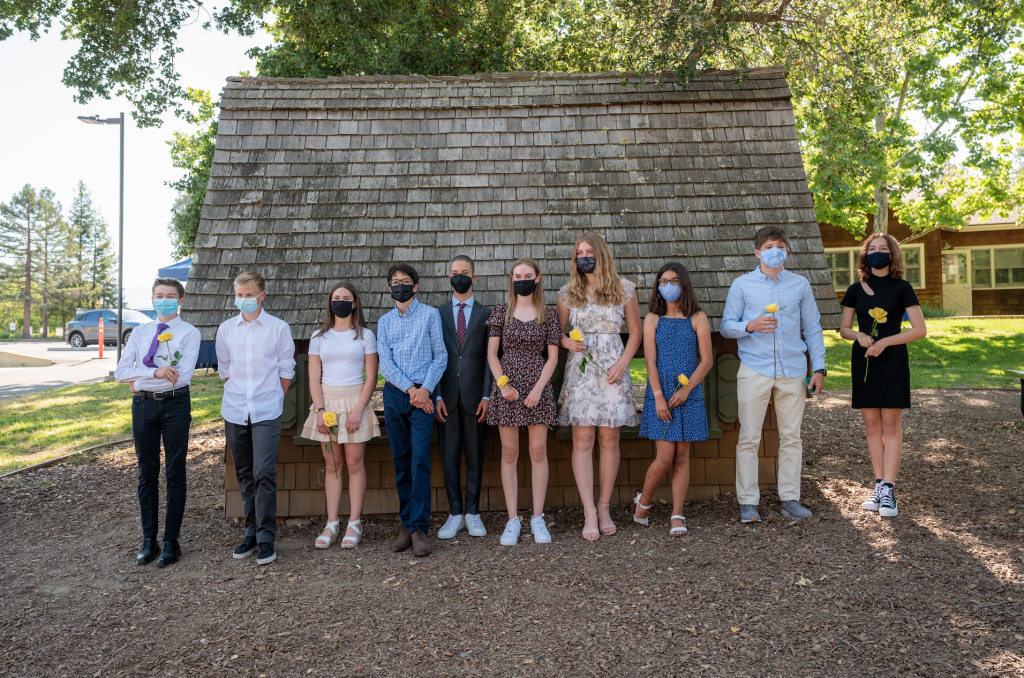Excerpts from remarks delivered by Head of Hillbrook School, Mark Silver, at the inaugural impact summit on May 27, 2021.

“At the heart of SIL was the opportunity for students to use their interests, passions, skills, and tools to respond to an issue or problem. For many of the students, these problems were rooted in the UN SDGs, a set of 17 goals developed by the UN to inspire positive change in our world by 2030, right around the time these students will be graduating from college and entering the workforce.”
“These projects build upon not only students’ personal experiences and passions but also work they have done in other classes. As Julian shared, for example, the energy project in 8th grade science broadened his understanding of different energy sources and encouraged him to go down the path of better understanding nuclear power and its possibilities.”
“These are highly academic projects requiring sophisticated academic skills, ranging from analytical writing to data analysis, complex project management to presentation skills. These are also incredibly creative projects, allowing students to use different types of expression. As you see other presentations tonight, you will see an extraordinary array of things that students have produced: physical products like clothing, reusable tote bags, a skateboard, and a food allergy fanny pack; technological solutions including an infographic about the environment and a passport for local restaurants; creative work including short stories, non-fiction books, animation, documentaries, and websites; and artistic work, including murals and paintings. The breadth of work is astounding.”
“These projects represent a powerful example of what we, at Hillbrook, believe learning should be. Unlike learning in so many traditional schools where students are receiving information, studying it, and then sharing back that information with a teacher, these projects are fully integrated experiences bringing together a wide range of skills and ways of thinking. The process is every bit as important as the product, and the lessons that students learn from these projects lay the foundation for true lifelong learning.”